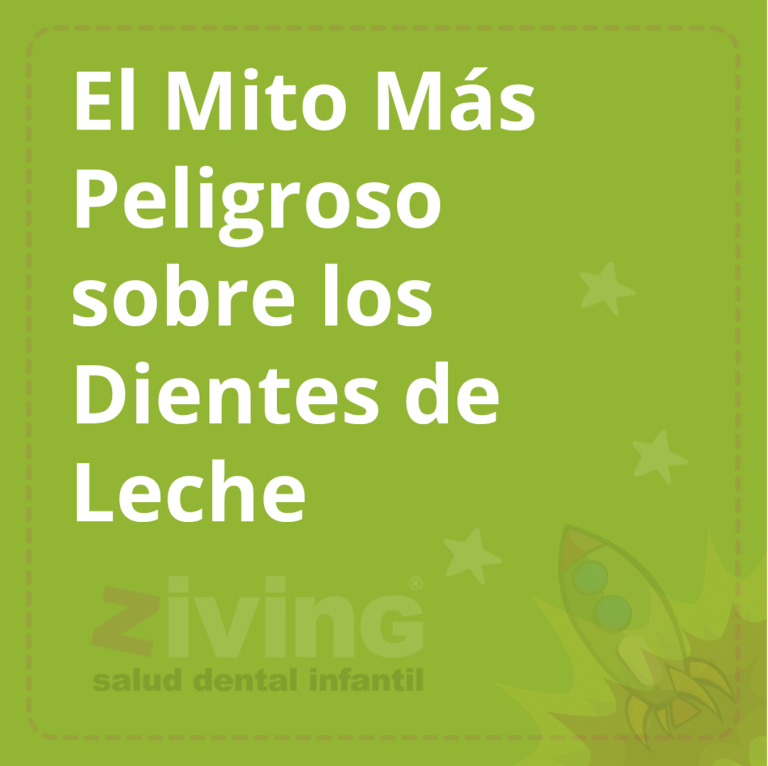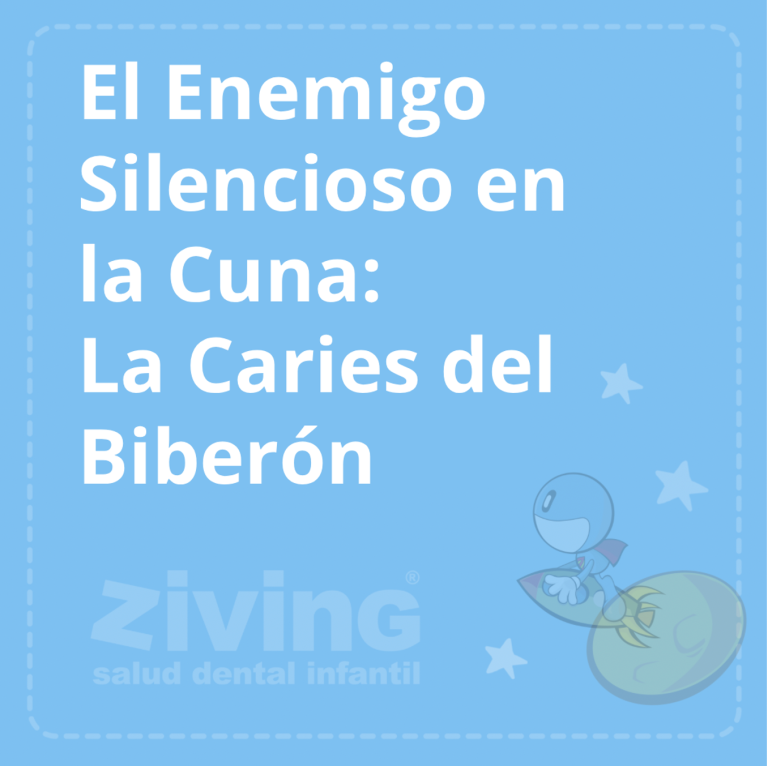Breastfeeding, besides being the best food a mother can offer her newborn child, offers great benefits for the correct development of the orofacial muscles and structures, avoiding the probability of early malocclusions (the way the upper and lower teeth fit together).
One of the main factors is the influence of the suckling mechanism on jaw growth and swallowing patterns. The movement that the child performs with the jaw and tongue predominates over the other bones and muscles, favoring the good development of the jaws. By exercising the masticatory and facial muscles while breastfeeding, malocclusions (crowding of teeth and bad bites: crossbite, open bite, etc.) are reduced by 50%.
The action of the tongue also influences the shape of the palate, making it rounder and flatter. On the other hand, when using a bottle, the tongue does not reach the palate, directly affecting the height and width of the palate, since the effort exerted by the baby is not the same as when breastfeeding. Likewise, breastfeeding has an impact on the infant’s swallowing patterns. By suctioning the breast, the proper nasal breathing pattern is established. Therefore, breastfeeding during the first 6 months is of great importance for the complete development of the structures of the mouth, as well as to promote correct occlusion, swallowing and breathing patterns.
Although it is difficult to determine the appropriate time for weaning, prolonged breastfeeding (after the eruption of the first deciduous tooth) may negatively affect the oral health of the infant, as it may promote the development of early childhood caries. In any case, the appearance of early caries is usually related, in addition to prolonged breastfeeding, to poor oral hygiene, early vertical transmission of bacteria and enamel defects, among others.
Recommendations to reduce the possibility of early childhood caries in the case of prolonged breastfeeding:
- It is essential to perform oral hygiene from the eruption of the first primary tooth, using a gauze moistened with water, a silicone thimble, a specific brush for this stage, twice a day and, above all, after nighttime feedings.
- Avoid all habits that favor early bacterial transmission from the parents’ saliva to the child’s mouth (sharing the spoon, cleaning the pacifier with the mother’s saliva, etc.).
- Do not offer sugars before 2 years of age and reduce fermentable carbohydrates as much as possible in complementary feeding (cookies, juices, etc.).
- See a pediatric dentist during the first year of life, so that the specialist can observe and evaluate the child’s risk of caries. In addition, it will be able to offer specific guidance to parents.



